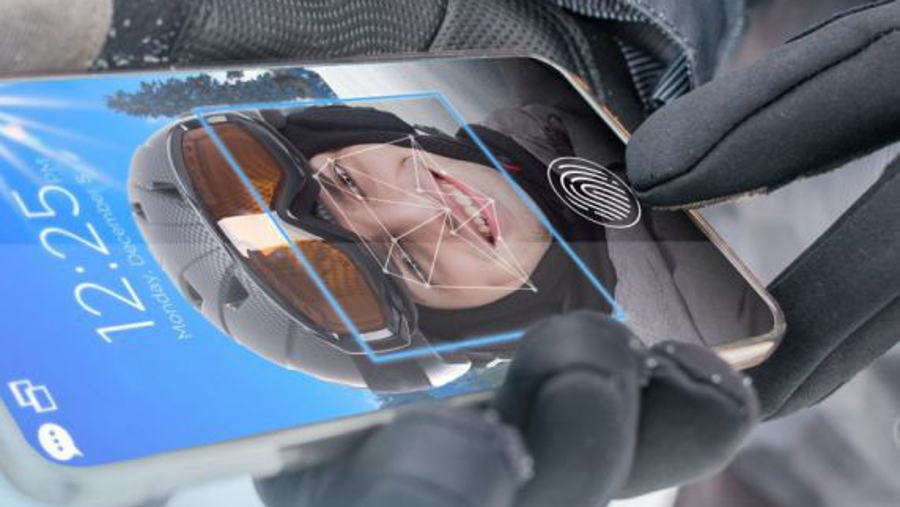New multi-factor biometrics scanner aims to make online banking safer
Synaptics’ new sensor offers combined fingerprint and facial recognition

Synaptics is famous for its fingerprint sensors (and of course touchpads), but the company wants to go further with security and has revealed a new multi-factor offering – a combined fingerprint and facial recognition scanner.
Designed for mobile devices (smartphones, tablets and laptops), the multi-factor ‘fusion engine’ combines the Synaptics Natural ID fingerprint sensor along with facial biometrics, doubling up on security.
Although you don’t have to use both factors of authentication, if you don’t want to, with the user able to select either fingerprint or facial on its own if required (and depending on the environment – such as if it’s a cold day and you’re wearing gloves, you might want to give the fingerprint sensor a swerve for the sake of convenience).
Synaptics suggests that the twin modes of authentication can be used when verifying your identity for more sensitive tasks such as financial transactions.
Anti-spoofing tech
The company further states that this solution is backed by SentryPoint technology which offers manufacturers a range of authentication features including PurePrint anti-spoof tech, which allows for the differentiation between fake and real fingers.
And naturally there are anti-spoofing measures in terms of the facial recognition, too, which can look for things like the eye blinking (to verify that it’s a real face in front of the camera and not a photograph). Synaptics has hooked up with KeyLemon for this half of the security system.
We can expect further developments down the line in terms of additional biometric security beyond fingerprints and facial recognition. Anthony Gioeli, vice president of marketing, Biometrics Product Division, Synaptics, commented: “Phase one of our fusion engine is focused on fingerprint and facial, and future iterations will include additional biometric and security factors.”
Sign up to the TechRadar Pro newsletter to get all the top news, opinion, features and guidance your business needs to succeed!
Via and Image Credit: Liliputing
- To keep your PC secure you’ll need the best antivirus software
Darren is a freelancer writing news and features for TechRadar (and occasionally T3) across a broad range of computing topics including CPUs, GPUs, various other hardware, VPNs, antivirus and more. He has written about tech for the best part of three decades, and writes books in his spare time (his debut novel - 'I Know What You Did Last Supper' - was published by Hachette UK in 2013).